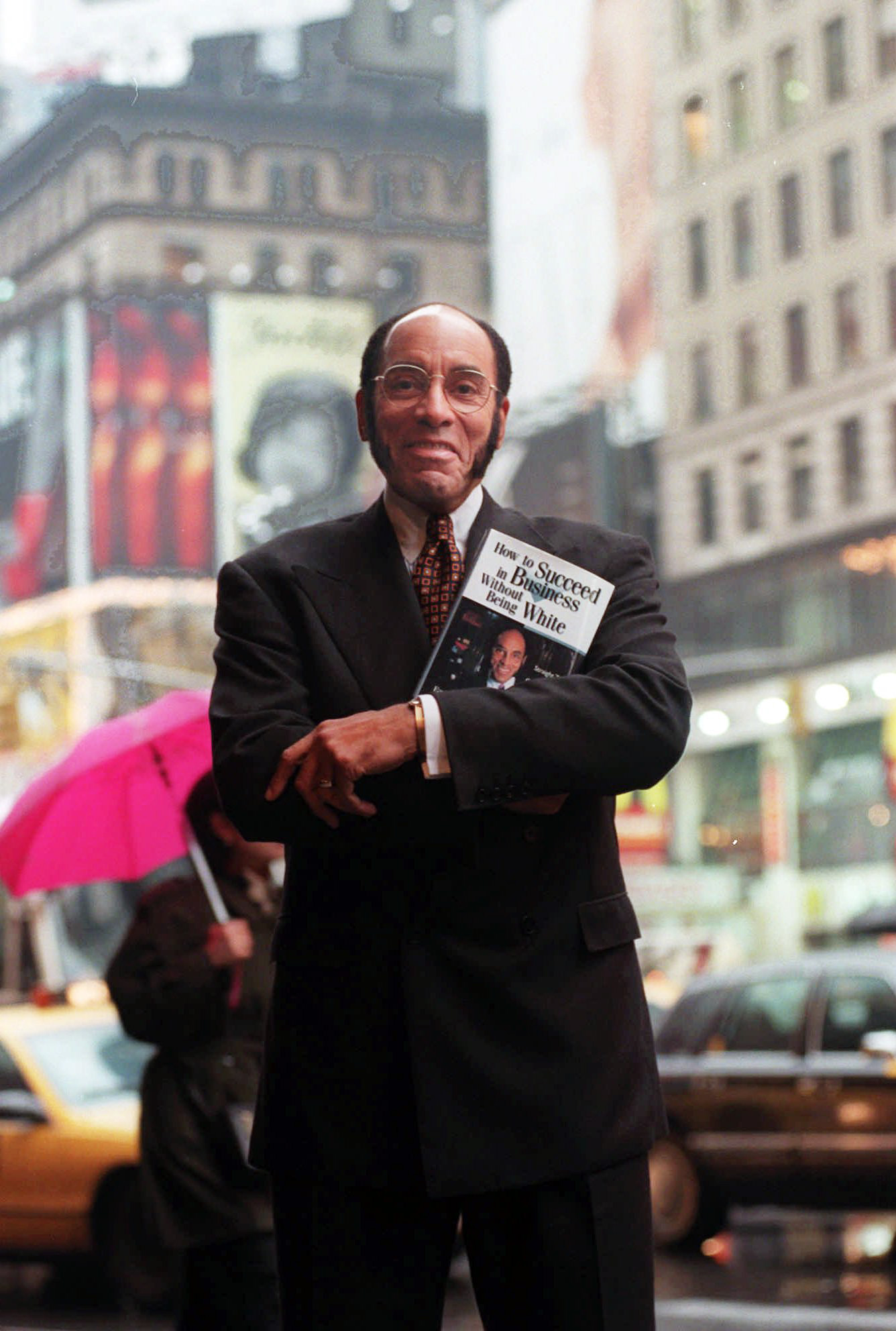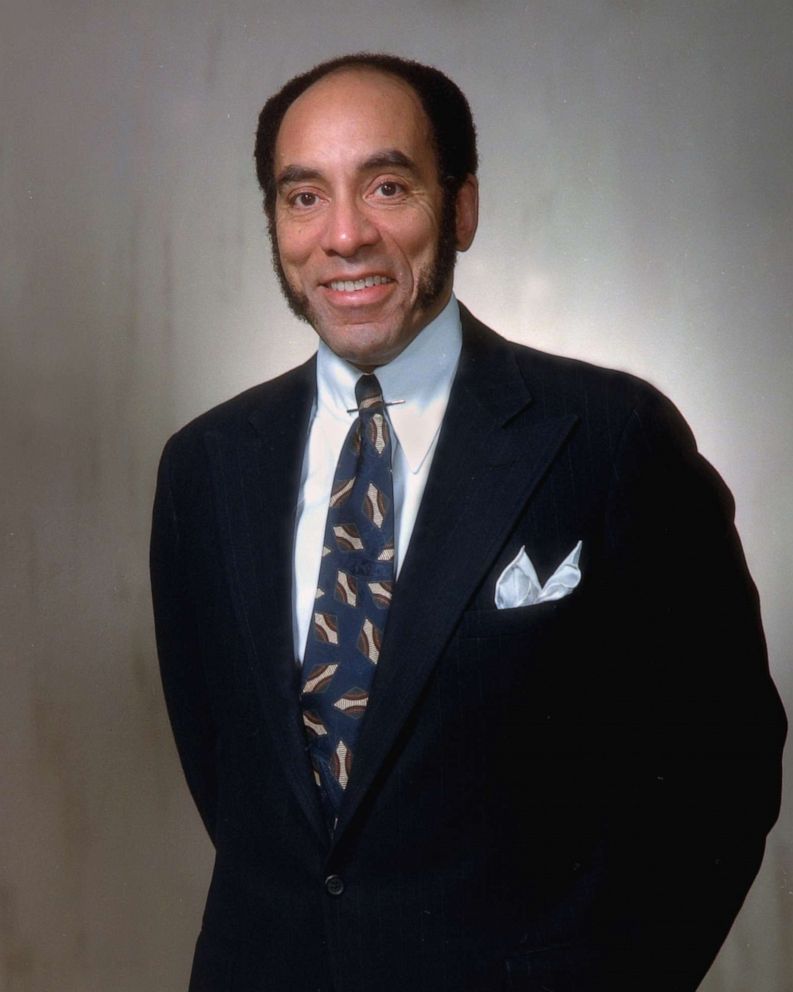Earl G. Graves, Black Enterprise magazine founder and black publishing pioneer, dies at age 85
Graves received numerous awards and accolades in his career.
Earl G. Graves Sr., the founder and publisher of the first black-owned magazine that focused on black entrepreneurs, died Monday at the age of 85.
"It is with profound sadness that we share news of the passing of Black Enterprise Founder Earl G. Graves Sr.," Black Enterprise said Tuesday in a tweet. "We will evermore celebrate his life and legacy."

Graves launched Black Enterprise in 1970, building it "from a single-magazine publishing company 50 years ago, to a diversified multimedia business spreading the message of financial empowerment to more than 6 million African Americans through print, digital, broadcast and live-event platforms," according to Black Enterprise senior vice president and chief content officer Derek T. Dingle.
An Army veteran and HBCU graduate of Morgan State University, Graves also served as the late Sen. Robert F. Kennedy’s administrative assistant for three years.
The Brooklyn native in 1999 went on to receive the 84th NAACP Spingarn Medal, the highest distinction awarded by the storied civil rights organization and one of a number of prizes that recognized his success. He was inducted into the U.S. Business Hall of Fame, was named by Fortune as one of the 50 most powerful and influential African Americans in corporate America and won a U.S. Army Commendation Award as a former member of the Green Berets.

He also wrote The New York Times best-seller, "How to Succeed in Business Without Being White."
Graves explained in his book why he decided to start Black Enterprise magazine.
"The time was ripe for a magazine devoted to economic development in the African American community," he wrote. "The publication was committed to the task of educating, inspiring and uplifting its readers. My goal was to show them how to thrive professionally, economically and as proactive, empowered citizens."
Besides his success with Black Enterprise, Graves was also a successful businessman in other arenas including CEO and owner of Pepsi-Cola of Washington D.C., the largest minority-controlled Pepsi franchise in the United States at the time.
In his later years, Graves often wrote editorials for Black Enterprise on issues ranging from the need for black representation in corporate boardrooms to health care access as a fundamental right. He pushed others in the African American community to be entrepreneurs.
"We must focus more attention on building scalable, black-owned businesses in industries that are most likely to create jobs for people who are disproportionately unemployed, such as African Americans, particularly in urban areas," he wrote in one of his opinion pieces.
Black Enterprise reported that Graves’ death came "after a long battle with Alzheimer’s." Graves is survived by his three sons he had with his wife, Barbara Kydd Graves, who died in 2012 after decades of playing a significant role in Black Enterprise’s success. They were married for 37 years.
Earl Graves Jr., who is the CEO of Black Enterprise, tweeted a tribute to his father’s life early Tuesday morning honoring the "giant of a man."
ABC News' Marcus T. Mewborn contributed to this report.




